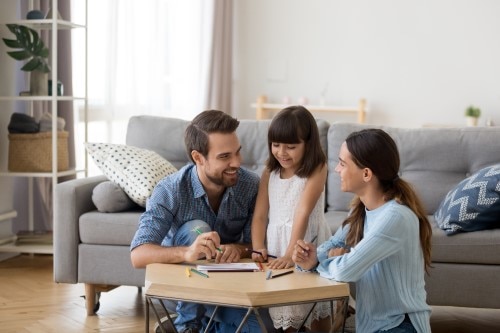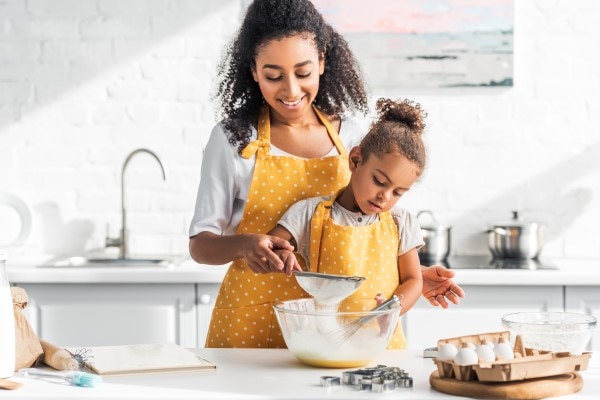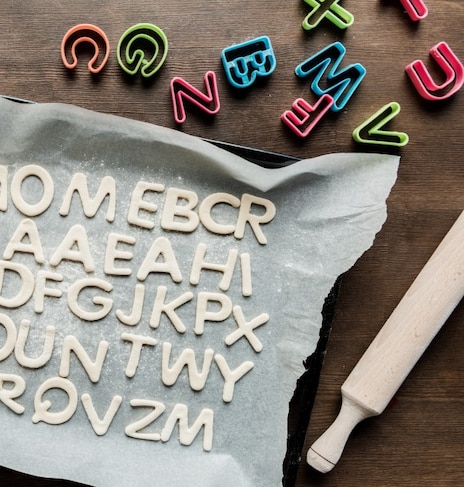One of Australia’s most trusted parenting experts, Dr Justin Coulson, has teamed up with us to share inspiration and insight into how households can stay connected and engaged – particularly important in this new ‘stay home’ era. It is seen that people are turning to the kitchen as a pandemic coping mechanism, as they have to cook more in this period of self-quarantine

Remember the 3 Cs of communication with kids
There are three key Cs which ensure good communication with your kids.
Curiosity: try to understand things from their perspective. This helps them feel validated.
Clarity: provide explanations for 'why' the rules exist. This helps them understand your rationale.
Compassion: be sensitive to their needs and find solutions that will work for everyone, together.

Be anxiety-aware
Another way to say this is to be stress-savvy. The stress and anxiety that can be provoked by COVID-19 does not just affect us. It can affect our children too. Be mindful of this and watch for signs of stress in yourself and your children. These could include headaches, withdrawal, anger and lashing out, or even loss of appetite or interest in things. It might also include fear of going out "in case of COVID". When you spot these signs, remember the 3 C's of communication.
Get Creative in the Kitchen
Food brings people together. There are strong research links that suggest cooking is an activity that can really improve psychosocial outcomes, including self-esteem, decreased anxiety, psychological well-being and quality of life. Bringing the children into your space - the kitchen - and involving them in cooking everything from treats to meals for the family allows you to spend time together, teach and develop new skills, and explore tastes. We has a number of simple and easy recipes for the whole family to enjoy!

Routines Rule
Children thrive on predictability. Routines increase a sense of security. Plan a schedule or routine with your children so that they know what to expect, and where, when, how, and why. The routine might be related to school and travel or it might relate to weekends and after school activity. The main thing is to create a degree of certainty, so life makes sense.
Find a way to play
This might be one of the most important things we can do to help our children feel safe. Play allows connection, creativity, curiosity, learning, and happiness. We can play in a multitude of ways: Indoor activities like board games, card games and cooking as well as active outdoors games. The aim of our play should be about connection, not competition.




